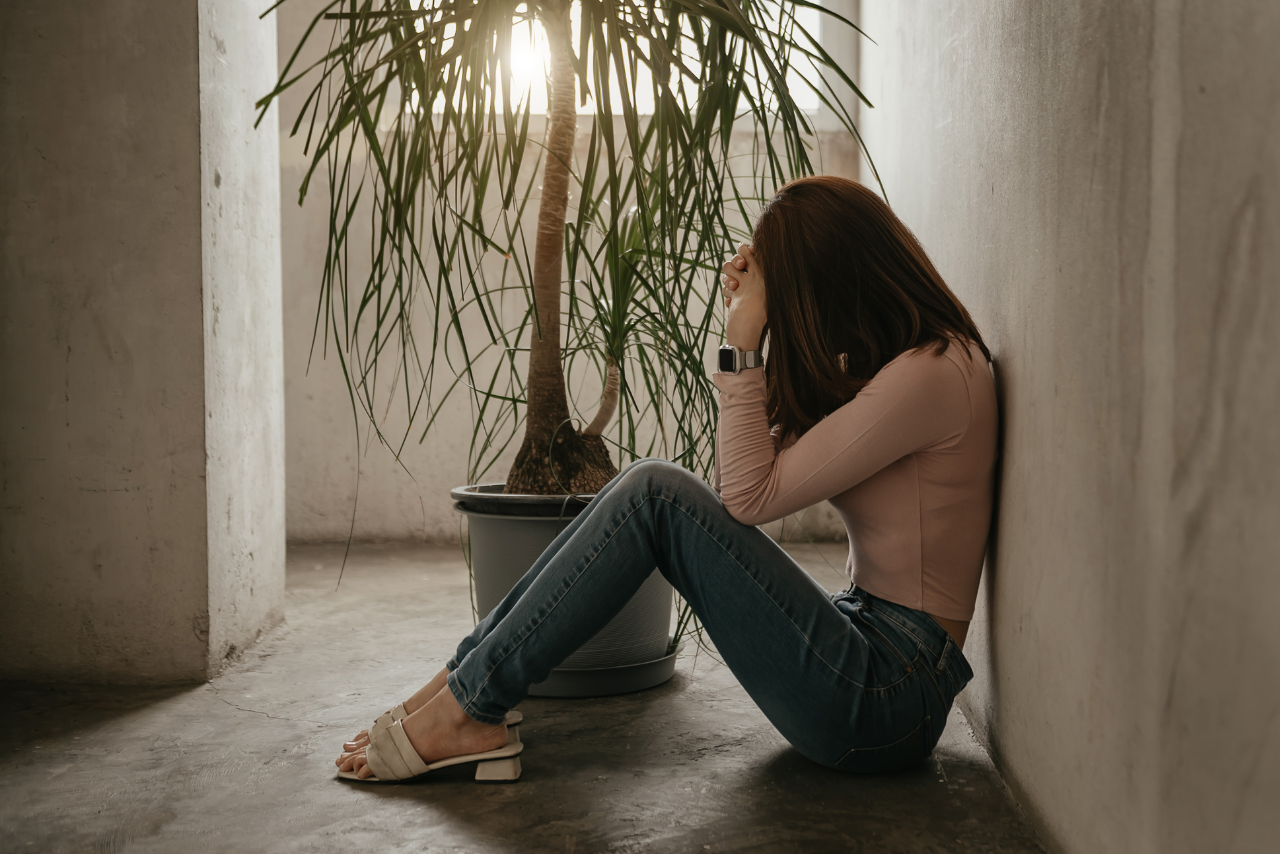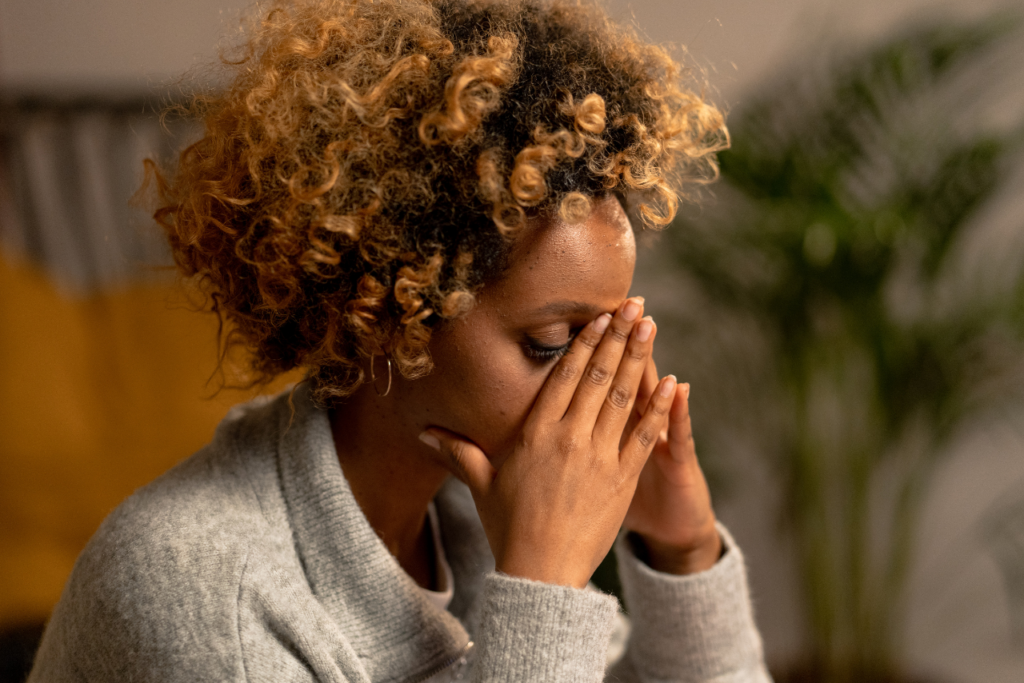Yes, alprazolam can be used for sleep, but it must be prescribed and closely monitored by a qualified healthcare provider. While it can provide temporary relief for insomnia, it is a potent benzodiazepine that carries risks, including side effects and potential addiction. Alprazolam works by enhancing the effects of GABA, a neurotransmitter that calms the nervous system, making it effective for sleep difficulties. However, misuse or long-term use can lead to serious health issues, including dependency. Always consult your doctor before considering alprazolam for sleep.
If you or a loved one is struggling with substance use or dependency on prescription medications, Serenity Grove offers personalized treatment and support. Call us today or visit our Admissions page to start your recovery journey.
What Is Alprazolam?
Doctors usually prescribe alprazolam to treat generalized anxiety disorder (GAD) and panic disorder. Patients typically take it orally in tablet form.
In the United States, pharmacies sell alprazolam under the brand names Xanax and Xanax XR, as well as in generic versions.
Alprazolam is a benzodiazepine, which is a category of drugs that also contains lorazepam (Ativan), clonazepam (Klonopin), and diazepam (Valium).
These and most other benzos are classified as Schedule IV controlled substances, which means that the U.S. government has determined that they have low potential for abuse and dependence. However, as we will discuss later in this post, benzos can be quite dangerous, especially when misused for recreational purposes.
The U.S. Food and Drug Administration (FDA) initially approved alprazolam in 1981.
The FDA approved alprazolam specifically for GAD and panic disorder, including cases with or without agoraphobia. Many doctors also prescribe this medication off-label to treat conditions such as depression, premenstrual syndrome, or insomnia.
How Does Alprazolam Help With Sleep?
When you take alprazolam, the drug interacts with receptors in the central nervous system that are associated with a neurotransmitter called gamma-aminobutyric acid (GABA).
GABA is an inhibitory neurotransmitter. This means that it slows the delivery of messages through the central nervous system.
Alprazolam’s interactions with GABA-A receptors enhance the effectiveness of GABA, which produces a calming, sedating effect on the mind and body. This effect can be quite beneficial for someone who has had difficulty getting to sleep.
It is important to note that alprazolam is a powerful drug that has the potential to cause serious side effects. It can be safe to take on a limited basis when prescribed by a qualified physician to address a legitimate health concern such as insomnia. But it should not be used for an extended period, nor should it ever be taken without appropriate medical oversight.

What Are the Side Effects of Taking Alprazolam for Sleep?
Like most other prescription medications, alprazolam can cause adverse effects. Common side effects include:
- Dizziness or lightheadedness
- Impaired balance and coordination
- Headache
- Slurred speech
- Memory problems
- Nausea
- Constipation
Less common, but potentially much more serious alprazolam side effects include:
- Elevated heart rate
- Swelling in or around the face, mouth, and throat
- Difficulty breathing
- Intense abdominal cramping
- Seizure
- Confusion and disorientation
- Paranoia
- Suicidal ideation
If you experience side effects after taking alprazolam for sleep, you should consult with the physician who prescribed the mediation. In cases involving more serious side effects, you may need to seek emergency medical attention.
If you believe that you may be at risk of suicide, you can get help 24/7 by calling or texting 988 from any phone in the U.S., or by visiting the 988 Suicide & Crisis Lifeline website. This free resource is staffed by trained professionals who can assess your needs and connect you with appropriate resources in your area.
Can You Get Addicted to Alprazolam?
Earlier in this post, we mentioned that alprazolam’s status as a Schedule IV controlled substance indicates that it poses low risk of abuse and dependence (addiction). However, research suggests that the danger of becoming addicted to alprazolam may not be as low as implied by its Schedule IV classification.
A review in the Jan.-Feb. 2018 edition of the Journal of Addiction Medicine contained the following information about alprazolam and addiction:
- Many experts believe that alprazolam has a “high misuse liability.”
- People who take alprazolam or other benzos can develop tolerance “relatively quickly.” Tolerance, which can be a symptom of addiction, means that a person needs to take larger amounts of a substance to experience effects that they could previously achieve with smaller doses.
- Studies have found that the symptoms of alprazolam withdrawal are more severe than what people experience when withdrawing from other benzos. Developing withdrawal symptoms when trying to end your use of a drug is also a symptom of addiction.
- In cases of overdose, alprazolam has proved to be “significantly more toxic” than other benzos.
The risk of addiction is likely greatest among people who misuse alprazolam, either in an attempt to self-medicate or for recreational purposes. But even people who take this medication on a prescription basis to alleviate insomnia or other symptoms can become addicted to it.
Untreated alprazolam addiction can have a disruptive effect on virtually every part of a person’s life. But when someone who has developed an addiction to this drug gets appropriate care, they can learn to manage their urges, end their alprazolam use, and build a foundation for a more promising future in recovery.

Learn More About Alprazolam Addiction Treatment in Georgia
Serenity Grove is a place of help, hope, and healing for adults who have become dependent on alprazolam and other prescription medications. We also serve patients whose struggles with addiction are accompanied by anxiety, depression, and other co-occurring mental health concerns.
Treatment options at our drug rehab in Georgia include detoxification, residential care, and three outpatient options: partial hospitalization, intensive outpatient programming, and outpatient care.
To learn more about how we can help you or a loved one, or to schedule a free consultation, please visit our Admissions page or call us at our center today.


